After going on a tour of these vacant lots in four Detroit neighborhoods with the two other interns at DFC and seeing these tangible community gaps, I now know that each of these lots has a specific personality, a surrounding neighborhood with a unique culture, and a variety of potential impactful green interventions. I’ve witnessed firsthand not just the sheer number of vacant lots, but also the draining effect these lots have on many of the neighborhoods that harbor them. With our projects, DFC is not just attempting to encourage Detroit citizens and organizations to fill the vacant lots with green infrastructure (developmental practices that are beneficial for the environment). We’re doing something much more important. We’re reinvigorating a city, restoring dignity to the land, and providing for a cultural revolution. We want to see these lots become assets—points of community interactions, practical use, beauty, and pride.
The work I’m doing at DFC specifically contributes to this mission. As consultants, the other interns and I are constantly editing the materials that will be published and distributed to the public. We have edited numerous drafts of the manifesto, field guide, and website. Our edits range from spotting technical or grammatical errors to establishing the tone of the writing and format of the piece or refocusing the entire piece to cater more directly to our target market. We have also been conducting research on different aspects of preexisting green calculators, our analyses of which are influencing DFC’s decisions on which features to include in our own green calculator. We’ve been presenting research on a new aspect of the calculator every week, so that we can slowly deconstruct the green calculators that already exist before piecing the best aspects back together to make one that will address Detroit’s unique needs. Every suggestion the interns give the full-time employees is carefully presented and relevant to DFC’s target market of users, desired and optimal user-interface, and Detroit-specific culture. This green calculator will be different from preexisting green calculators because it will be Detroit-centric. With all the vacant land in Detroit, this city needs a green calculator that will cater specifically to the unique problems that it faces. This is, quite frankly, a revolutionary and site-specific project that is devoted to making a positive and tangible change in one city, and I’m here to help make that change be as profound, impactful, and effective as possible. That our research, opinions, and suggestions are being taken into account in the decision-making process that includes ascertaining which inputs, outputs, and interface DFC should use for the calculator is incredibly humbling, inspiring, motivational, and energizing to me. Another important job of mine has been to write Local Examples, or case studies of locals who are employing ecologically sustainable practices on their land. These Local Examples will be a component of DFC’s field guide. What I write will actually be on their website! It will be available to hundreds of thousands of people and useful and applicable for addressing one of the city’s most seemingly insurmountable problems. I’m also responsible for gathering and contacting suppliers for our field guide. My job is to approach potential suppliers for permission to include their company’s name as a resource on our field guide so that users know where to go to buy supplies that are necessary for implementing each intervention on the guide.
With every week, the other interns and I do more and more case studies, research, and individual tasks that are instrumental to executing these three main projects. I finally believe that I’m starting to understand Detroit and environmental sustainability—two things that I had never given much thought to before this summer but that I now appreciate immensely. I couldn’t be more proud to be a part of this revolutionary movement and the small powerhouse that is fueling it all.
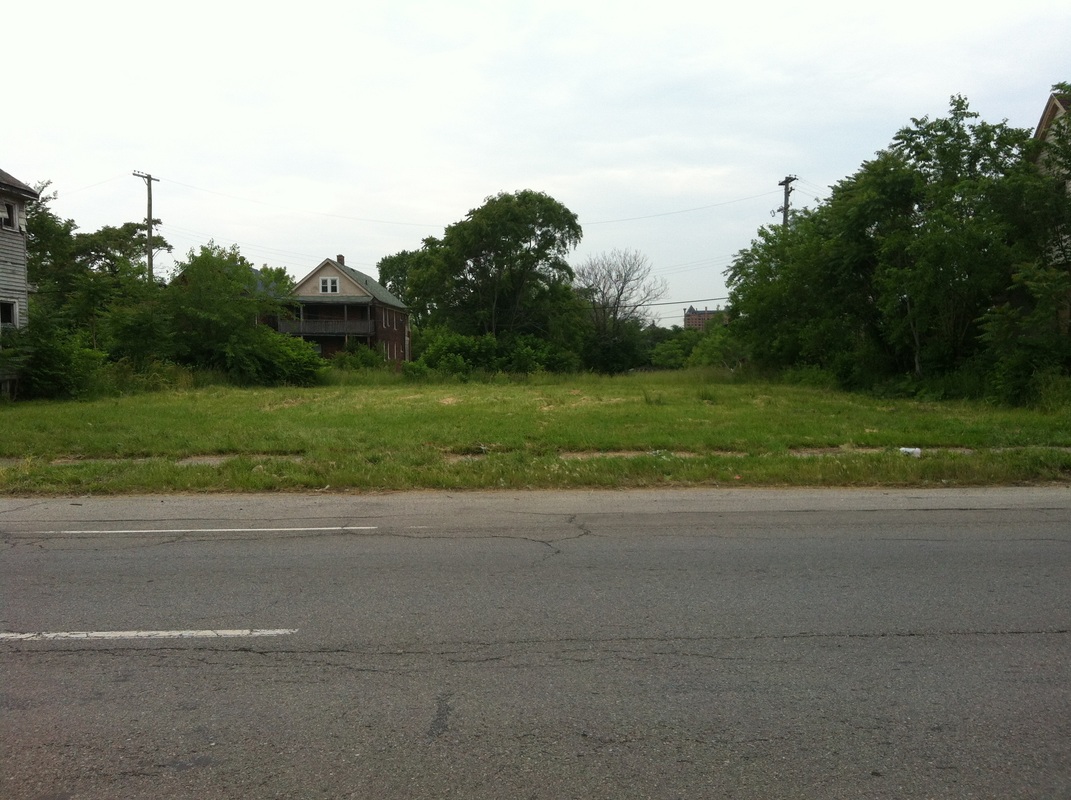
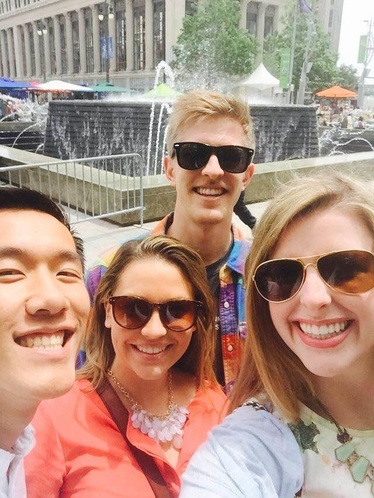
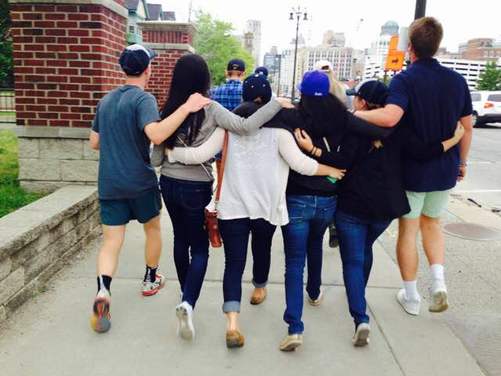
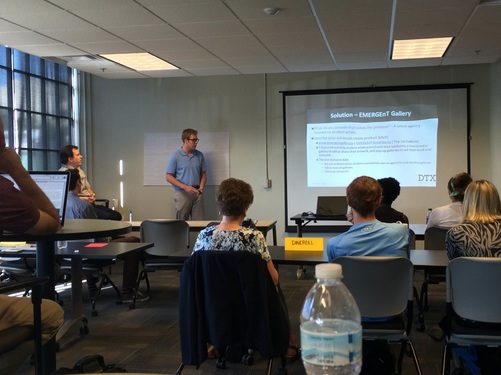
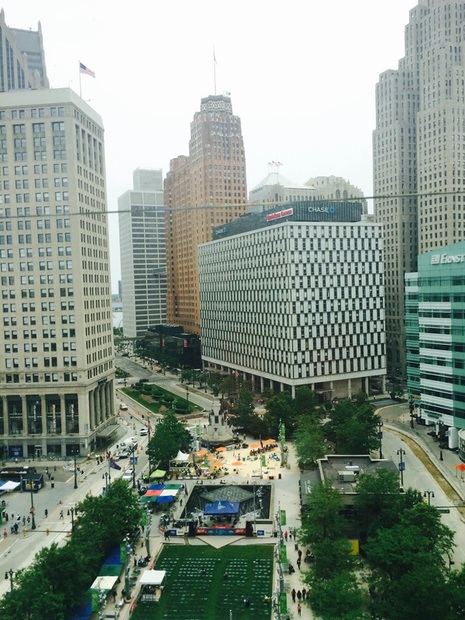
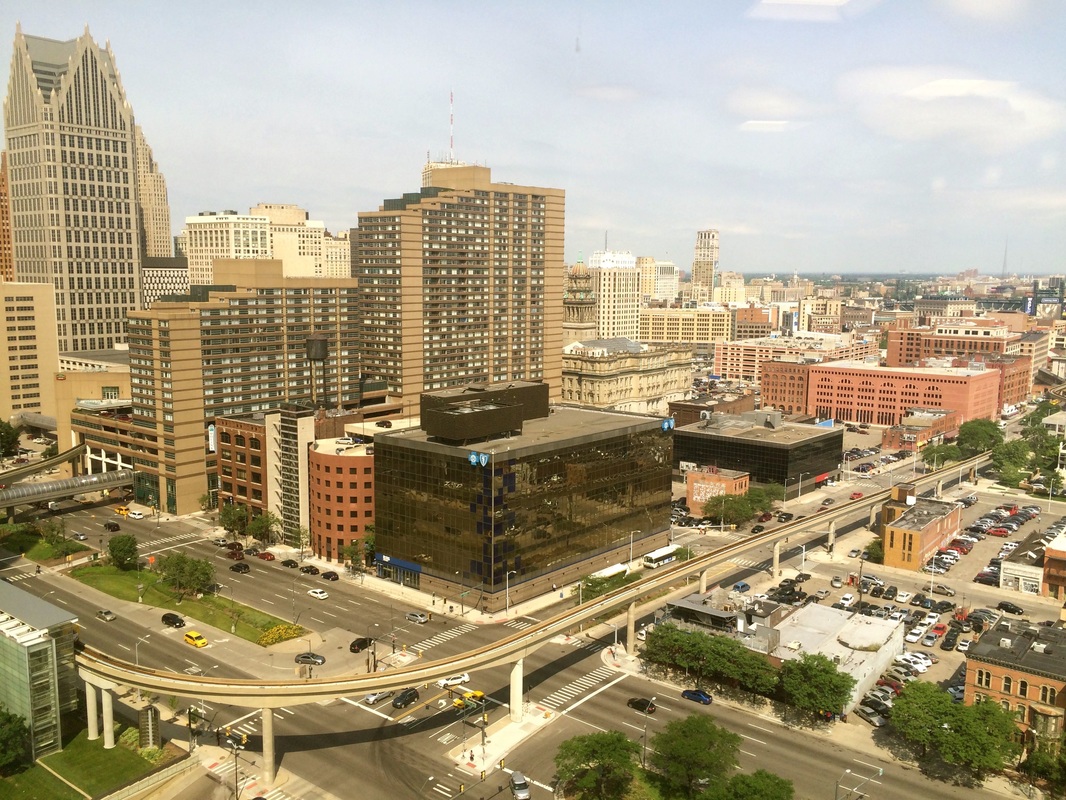

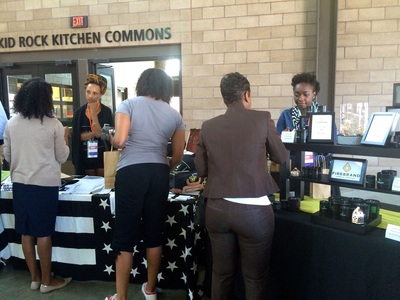
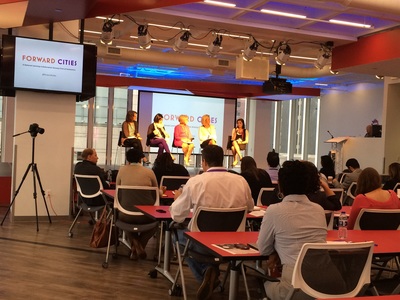
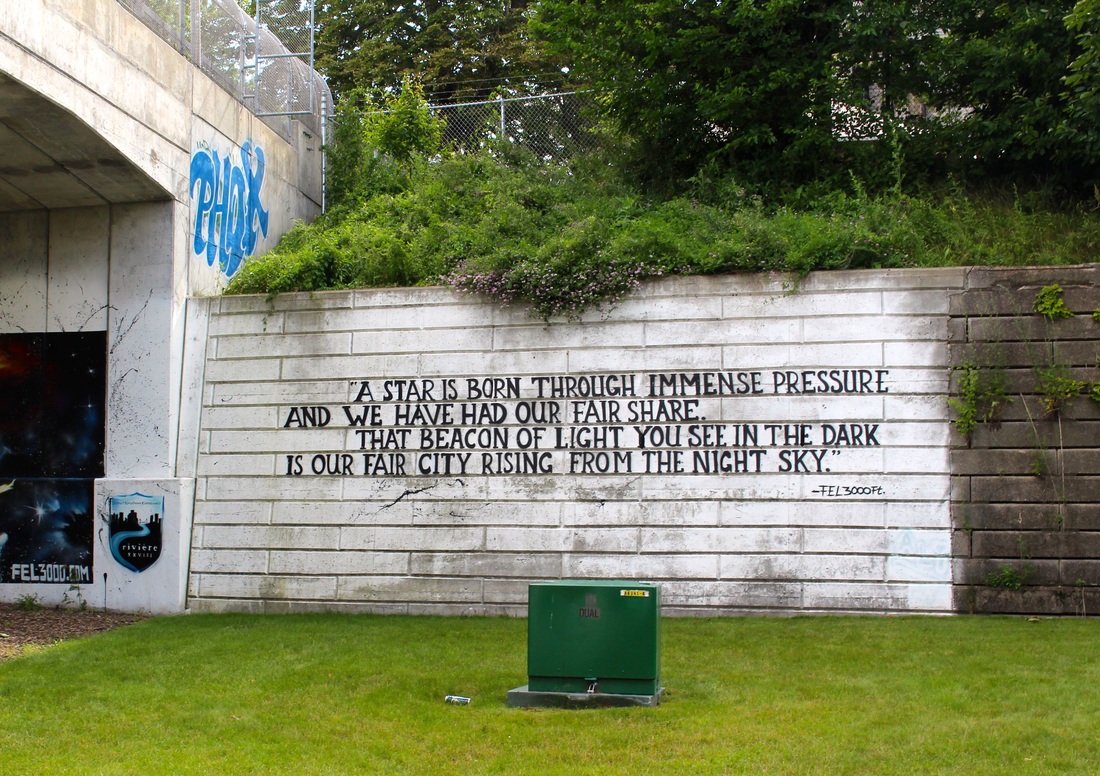
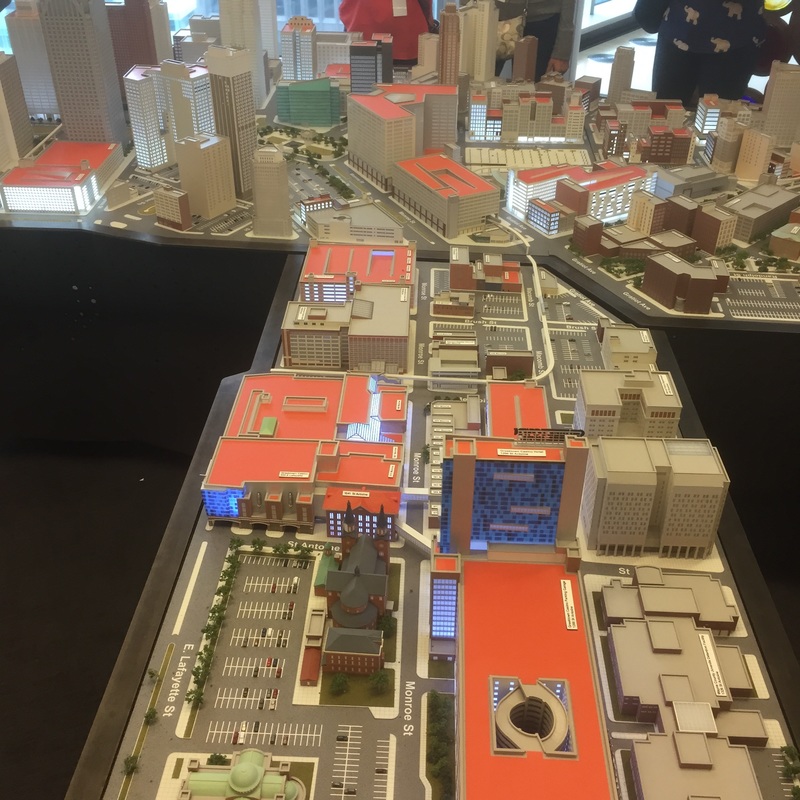
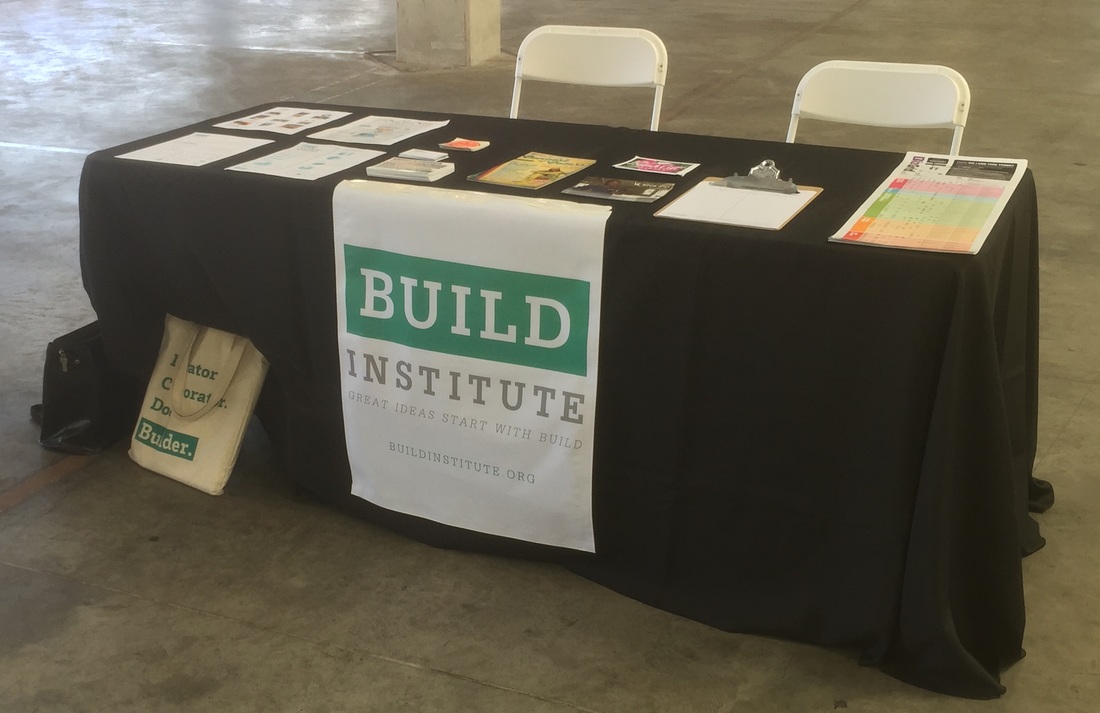
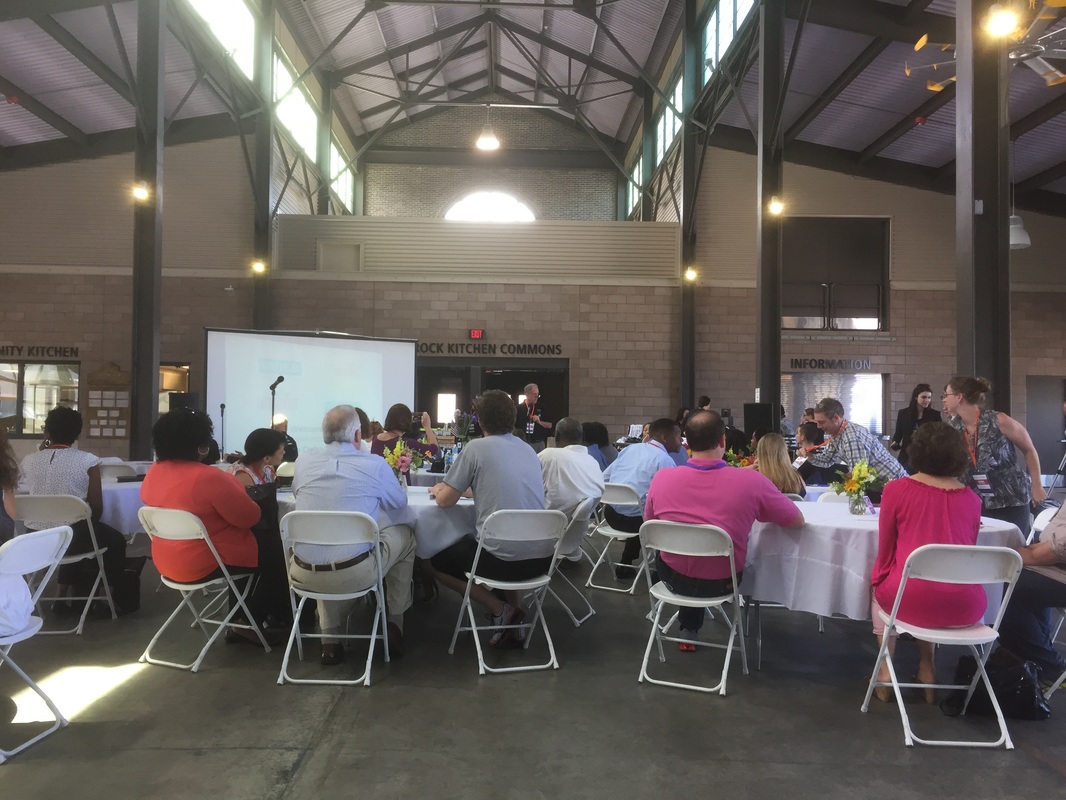
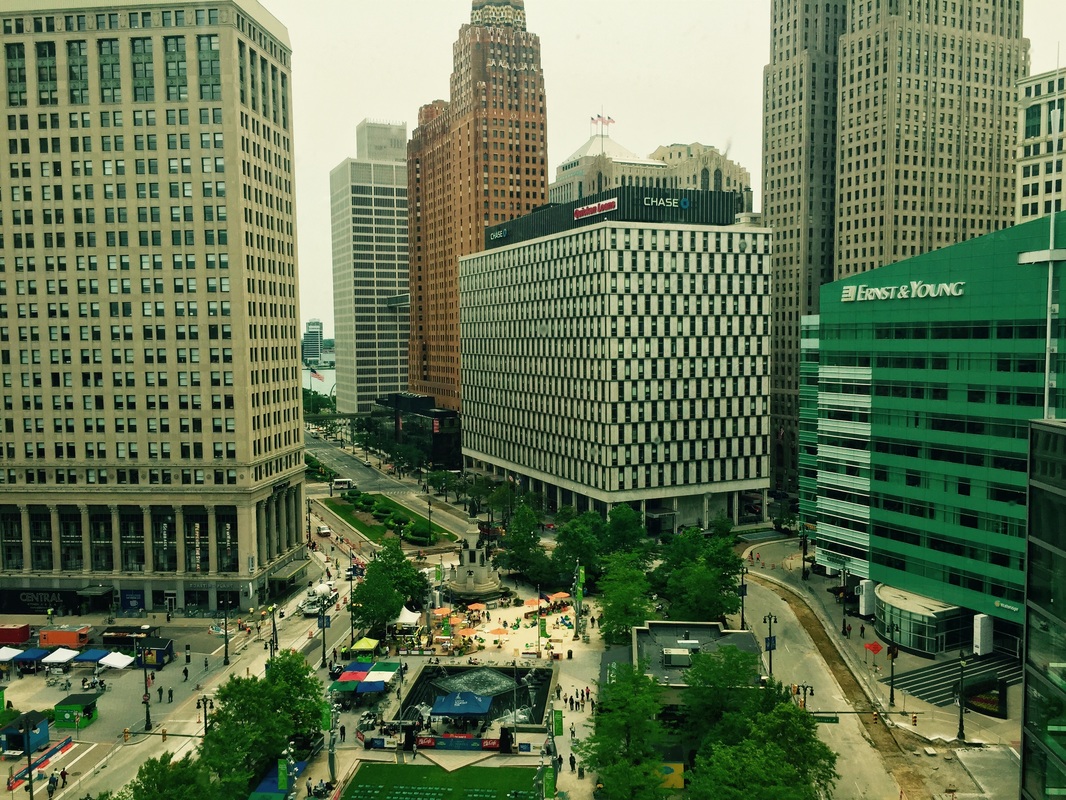
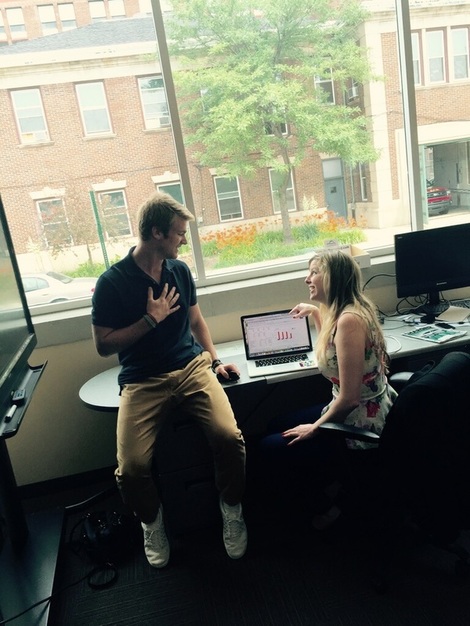
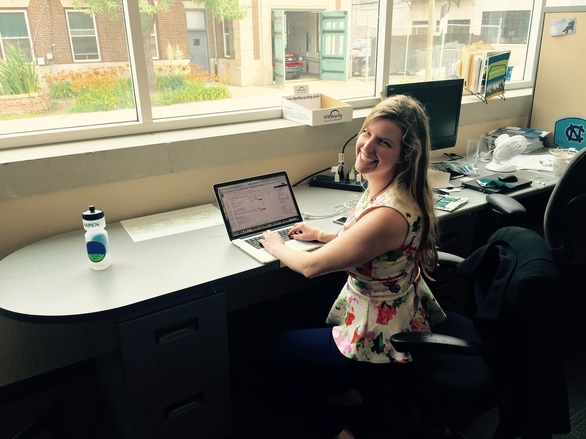
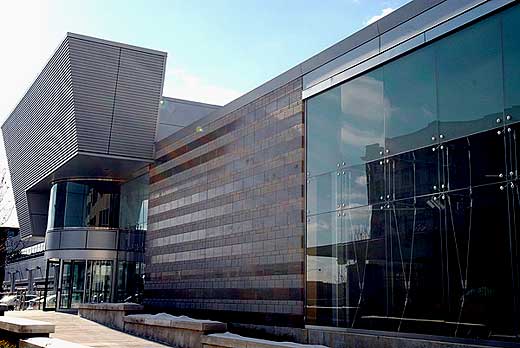
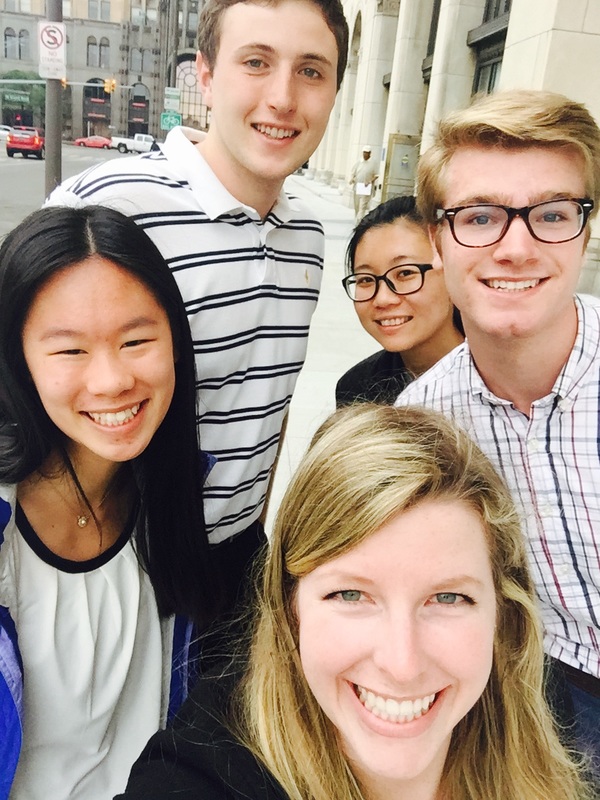
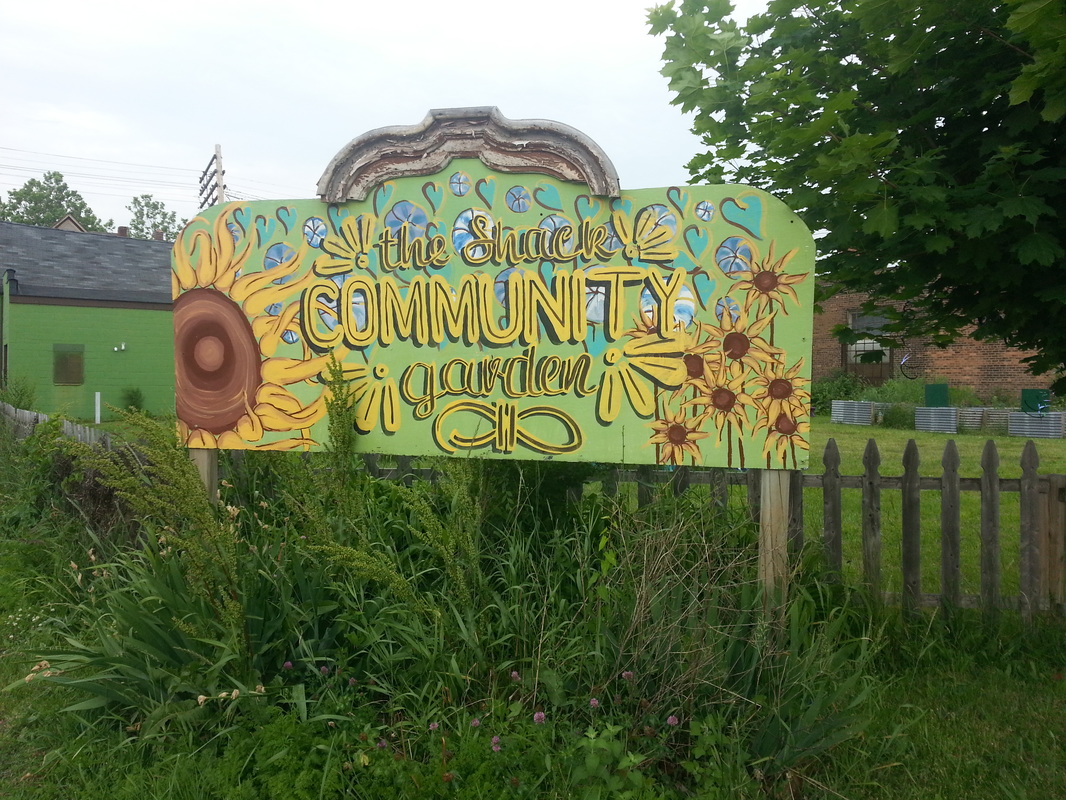
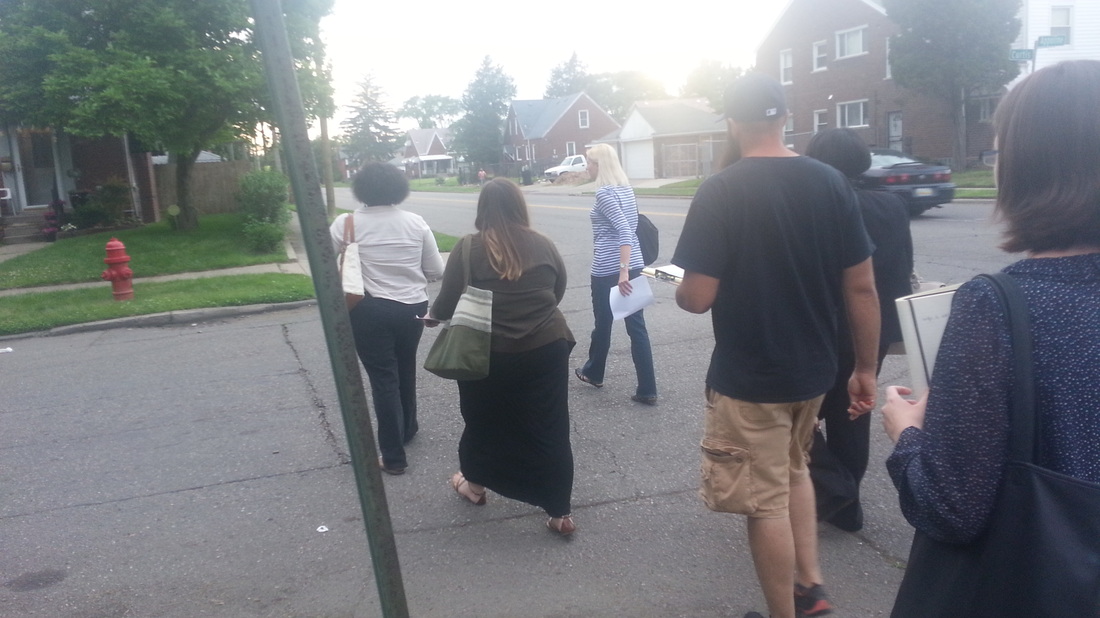
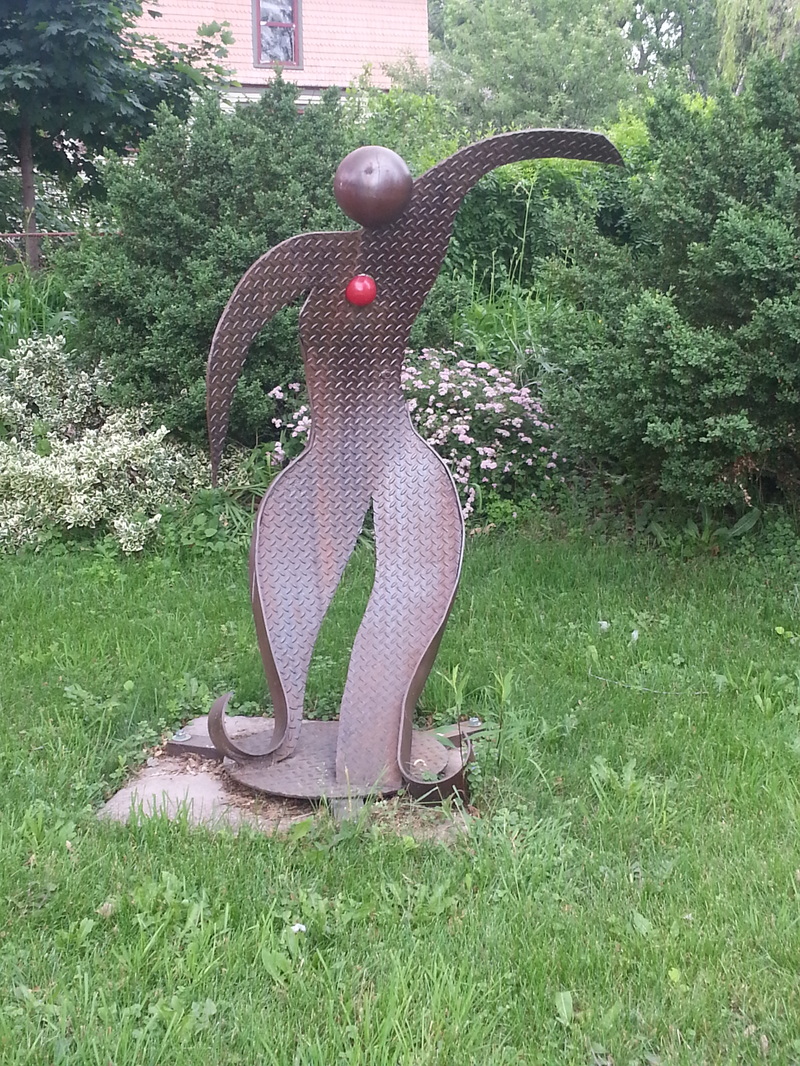
 RSS Feed
RSS Feed
